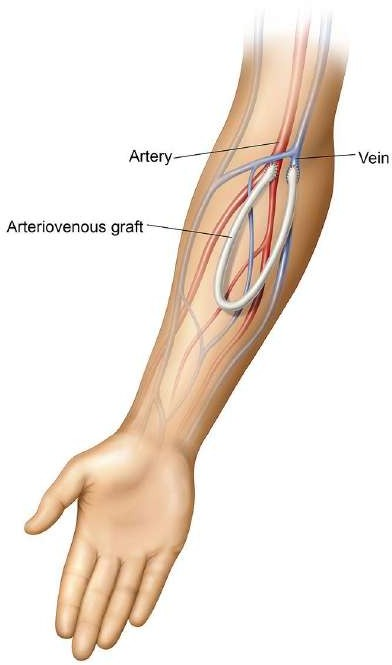A client who has low back pain reports that they are unable to void. The nurse notices a distended bladder on assessment. Which of the following is the likely cause of this client's low back pain?
Urinary disorder
Stress fracture
Nerve root pain
Renal cancer
The Correct Answer is A
Choice A reason: A distended bladder can cause low back pain due to the pressure and stretching of the bladder wall, which is often related to a urinary disorder such as urinary retention or obstruction.
Choice B reason: A stress fracture is less likely to be the cause of low back pain associated with an inability to void and a distended bladder.
Choice C reason: Nerve root pain typically presents with radiating pain down the leg rather than low back pain associated with urinary symptoms.
Choice D reason: Renal cancer could potentially cause low back pain, but it would not typically cause an inability to void or a distended bladder without other significant symptoms.
Nursing Test Bank
Naxlex Comprehensive Predictor Exams
Related Questions
Correct Answer is D
Explanation
Choice A reason: Measuring blood pressure di?erences is not a method to assess the patency of an AV graft.
Choice B reason: Checking pulses is important but does not confirm the patency of the AV graft.
Choice C reason: Using a Doppler stethoscope at the antecubital fossa is not the standard method for assessing AV graft patency.
Choice D reason: Auscultating for a bruit at the site of the AV graft is a common and non-invasive way to assess for patency.

Correct Answer is A
Explanation
The correct answer is Choice A
Choice A rationale: Headache and restlessness can be signs of a seizure or neurological disturbance, which phenytoin is used to treat. Phenytoin is an anticonvulsant medication that helps control seizures by stabilizing neuronal membranes and reducing excitability.
Choice B rationale: Decreased blood pressure and rapid pulse are not indications for phenytoin administration. These symptoms may suggest hypotension or cardiovascular issues, which require different interventions such as fluid resuscitation or vasopressors.
Choice C rationale: Muscle cramps and chest heaviness are not treated with phenytoin. These symptoms could indicate electrolyte imbalances or cardiac issues, which need specific treatments like electrolyte replacement or cardiac monitoring.
Choice D rationale: Pain and tingling at the access site are not indications for phenytoin administration. These symptoms may suggest local irritation or infection at the dialysis access site, requiring appropriate wound care or antibiotics.
Whether you are a student looking to ace your exams or a practicing nurse seeking to enhance your expertise , our nursing education contents will empower you with the confidence and competence to make a difference in the lives of patients and become a respected leader in the healthcare field.
Visit Naxlex, invest in your future and unlock endless possibilities with our unparalleled nursing education contents today
Report Wrong Answer on the Current Question
Do you disagree with the answer? If yes, what is your expected answer? Explain.
Kindly be descriptive with the issue you are facing.
